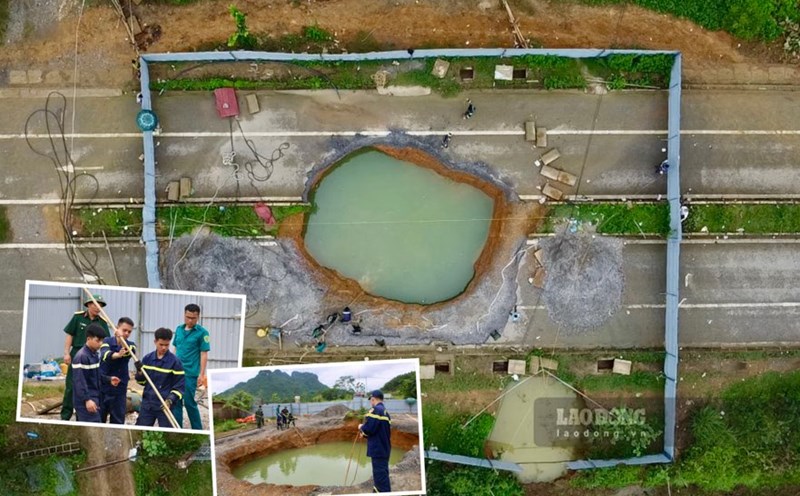Lack of production process standardization
According to experts, the right thing to do is to immediately and always standardize the durian production process, because in the list of countries that are subject to import ban or increase the application of strict durian inspection measures, besides Vietnam, there is also Thailand.
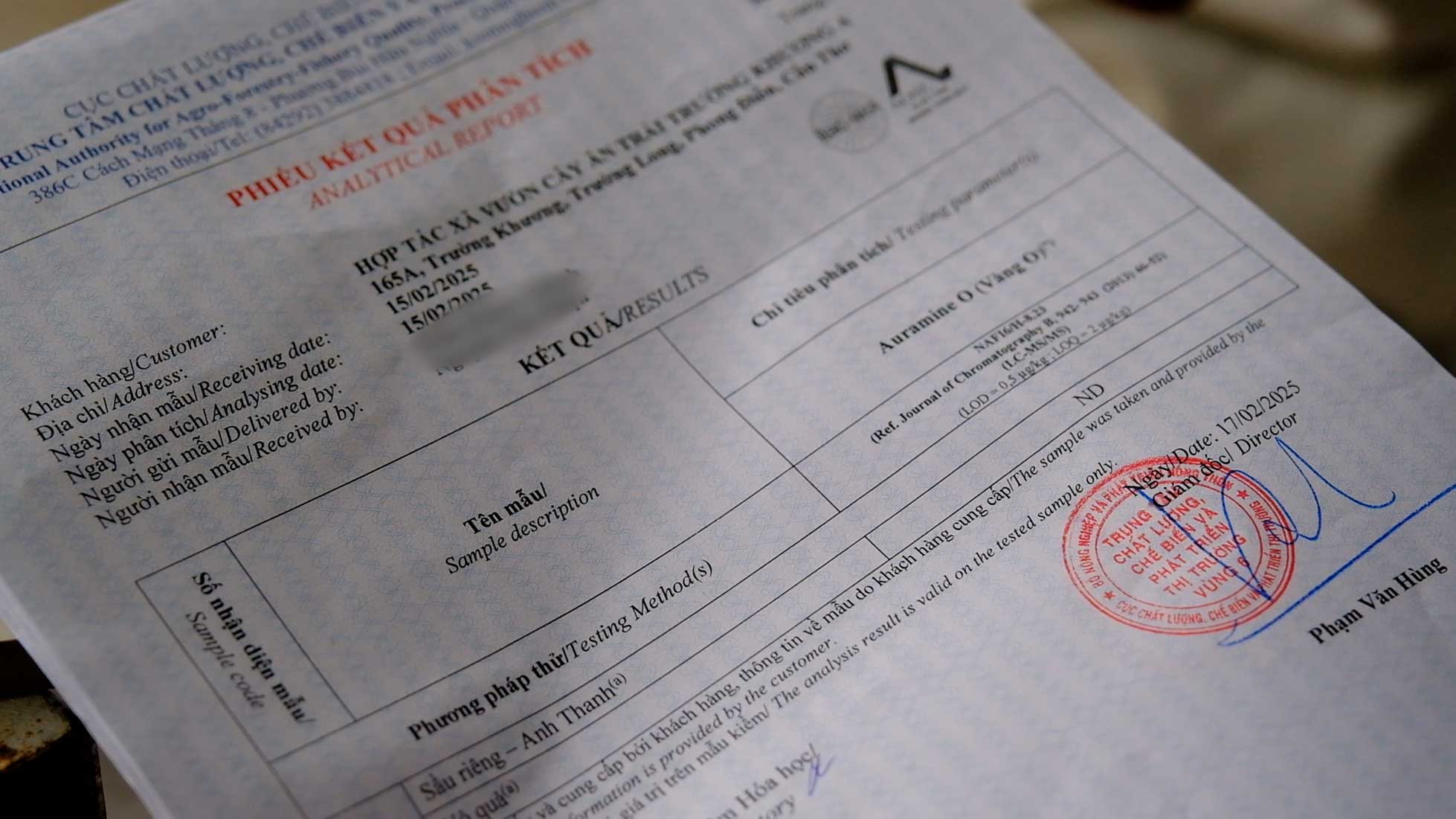
However, right when faced with difficulties, Thai's ambassador connected to resolve the problem and strengthen the trust of the people - information from Master Nguyen Phuoc Tuyen, former Director of the Agricultural Extension Center of Dong Thap province.
Mr. Tuyen said that the Thai Government has mobilized the entire system of relevant agencies to "catch the disease" and proposed 3 "special" policies. Establish 8 rapid testing rooms for O and Cadmium gold dye residues in durian growing areas with a capacity of 2,000 samples/day, with a time to return the results of 2 days. In which, foreign experts are invited to witness and supervise. Launch a general campaign to clean up durian gardens and processing plants. Strengthen communication measures, focus on implementing a campaign to "detoxify" bad public opinion about durian for consumers.
Our country is assigning businesses to shoulder this responsibility, while businesses say that negotiation is not their function. Thus, in the context of difficulties, we have exposed the loophole of not clearly defining functions, said Mr. Tuyen.
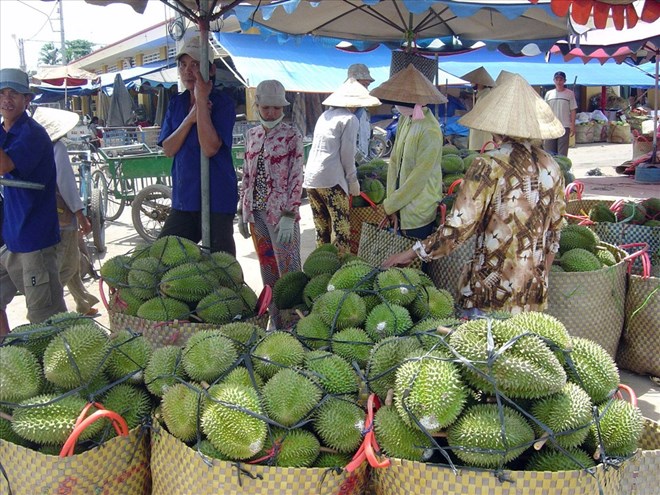
Therefore, our country's durian exports are delayed, while domestic consumption only accounts for about 20% of output, leading to increasingly fierce competition between domestic enterprises.
Treat the billion-dollar tree well
Vietnamese agricultural experts point out that in our country, durian is only grown from latitude 19 and below (ie from Quang Tri province to the Mekong Delta). In fact, the Central Highlands has the advantage of growing durian but is limited in irrigation water; Meanwhile, the Mekong Delta region has strongly developed irrigation water, off-season crops but is limited in rising sea water and groundwater. Thus, it is these soil factors that must be actively recommended by the relevant authorities to farmers, to avoid shirking responsibility and letting farmers swim and grow on their own.
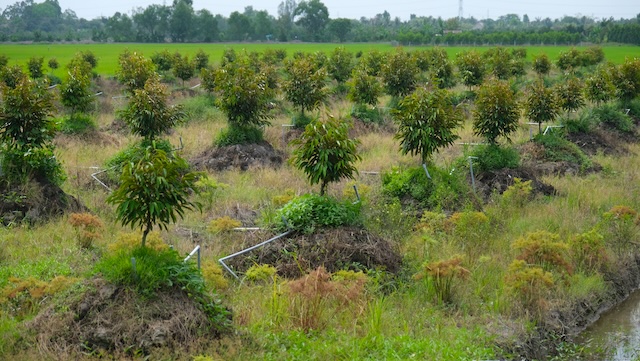
In the past 5 years, durian exports have increased sharply, increasing about 28 times, from 116 million USD in 2020 to 3.2 billion USD in 2024. In particular, the value of Vietnam's durian exports has increased sharply since 2023, after China allowed official exports.
Currently, Vietnam has about 150,000 hectares of durian with an average yield of 25 - 30 tons/ha. This is a great opportunity to continue exploiting the potential of the Chinese market, helping the Vietnamese fruit and vegetable industry achieve the target of reaching 8 billion USD in export turnover in 2025, of which durian is a key item.
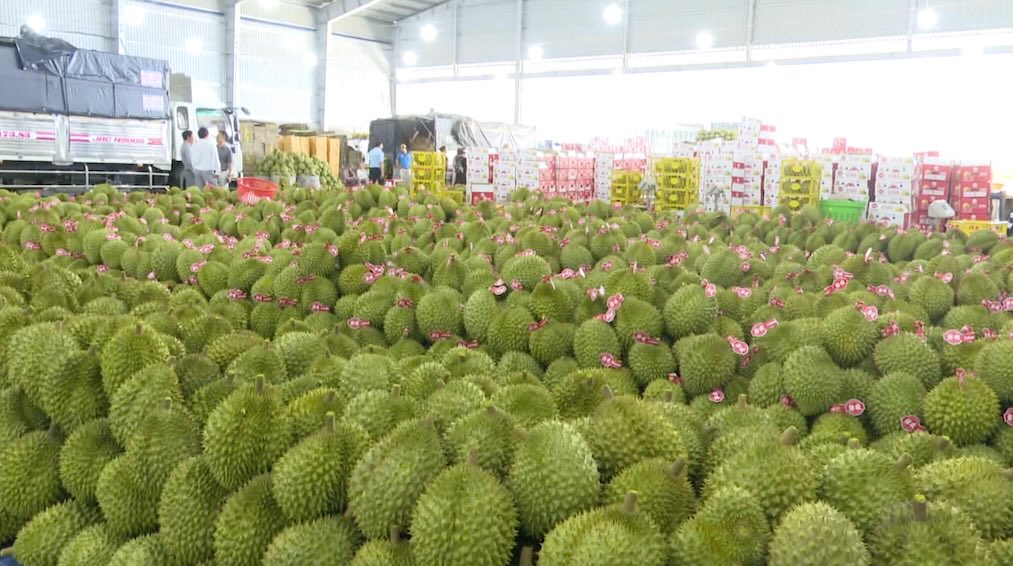
Master Tuyen acknowledged: We are determined to strive to earn billions of US dollars from durian, so how should we treat it right now to suit the value of the king of fruits, do not think that we only collect it but do not plan for farmers. Will, if this spontaneous situation continues, durian be stable in the long term and will this billion-dollar US figure be sustainable?
Accelerate according to the trend
Mr. Tran Thai Nghiem - Director of the Department of Agriculture and Environment of Can Tho - informed: "For the durian industry alone, we persevere but do not grow in a movement. Because durian is a crop with many variables, only grown when there are favorable conditions for soil, infrastructure, and a community of durian growers... However, the first thing to do is to find a way for households that have grown it to return to low production costs".
Mr. Nghiem also recommended paying attention to the domestic consumption market with suitable product lines, ensuring safety. Regarding exports, Can Tho accompanies state management agencies at the central level, businesses try to negotiate to get a more open market.
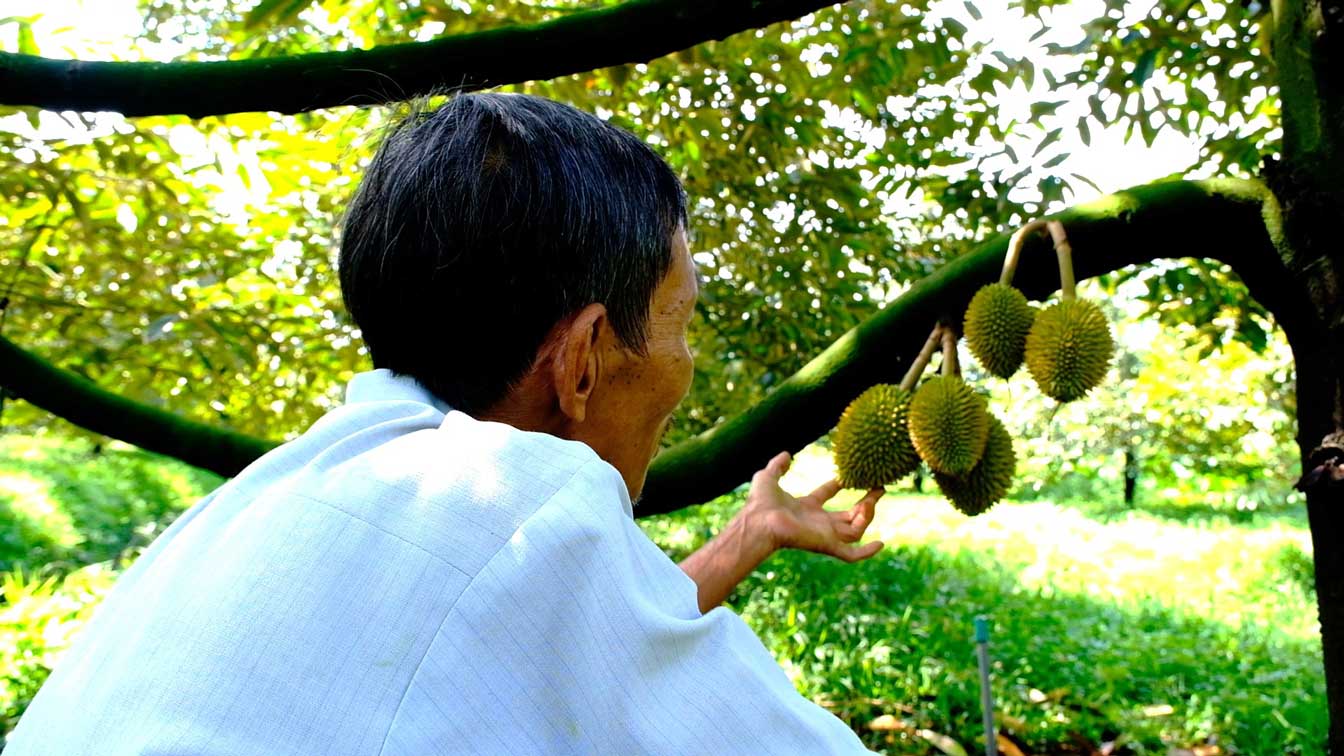
Recommend state management agencies, the Ministry of Industry and Trade, the Ministry of Agriculture and Environment and the business community to promote the durian preservation processing industry.
"Whether we like it or not, this is still a crop with a fairly large area. The government, central agencies, and businesses should pay due attention to the lives and incomes of millions of farmers growing durian," Mr. Nghiem added.
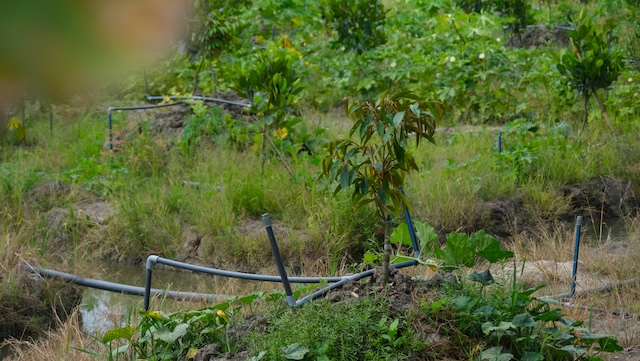
The agricultural sector of Tien Giang province also continuously requested localities to review their durian growing areas. On that basis, the durian growing area will be adjusted to suit the reality. The Industry and Trade sector recommends that major commercial banks have solutions to provide mobile capital for businesses.







